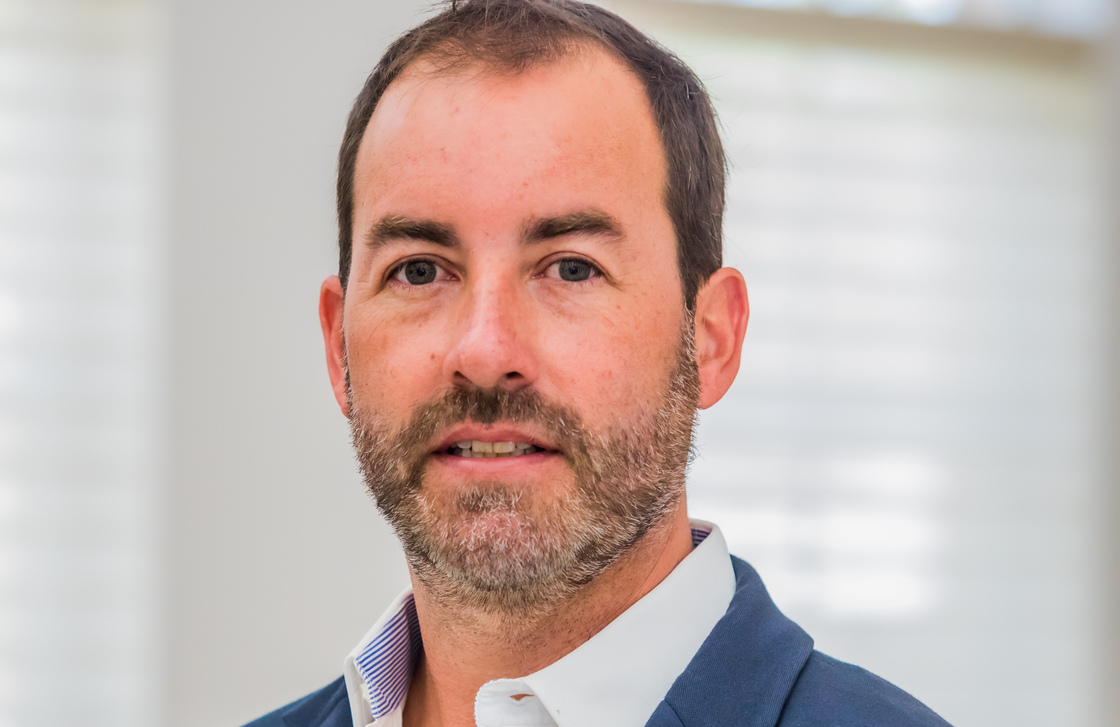“Trump Trade”: Technical Rebound or the Beginning of Something More Sustainable?
| By Amaya Uriarte | 0 Comentarios

With four months remaining until the U.S. presidential elections, as we saw last week, anything is possible. The differences between Trump 1.0 in 2016 and Trump 2.0 in 2024 are vast. The biggest difference is that in 2016, the consensus was that he would lose overwhelmingly and Hillary Clinton would win easily. Today, in 2024, Trump 2.0 is not so different in his rhetoric, but the consensus was that he would defeat a rapidly aging Joe Biden. On Sunday, July 21, Biden stepped down, and all signs point to Kamala Harris as the Democratic candidate.
The lower-than-expected June CPI data, combined with the consensus of a Trump 2.0 victory, have led several areas of the “Trump trade” to start standing out: banks, industrials, homebuilders, and small and mid-cap companies.
We consider these movements premature, especially because there could always be a surprise in November (just look at what happened this Sunday). There is also an earnings context that may not match the price increases we have seen while rates remain high, which will continue to be an obstacle for several sectors. Therefore, we believe the rotation is premature.
Key Characteristics of Trump 2.0
When Trump was elected in 2016, several policies were easily implemented and moved markets and the economy. The most notable were the tax cuts, which today will only be extended in 2025, as they were set to expire. Repealing several of Biden’s laws, including the infrastructure law (curiously named the Inflation Reduction Act), is unlikely, although Trump has said he would reverse subsidies for electric vehicles. Both parties will continue to spend as if the economy were in a depression, increasing the deficit and national debt.
The combination of the presidential elections along with the composition of Congress will determine how this situation will be resolved. A Democratic Party victory increases the likelihood that the tax cuts will expire, while a Republican Party victory increases the likelihood that the tax cuts will be extended or made permanent. These primarily affect the highest income tax brackets and therefore have consequences for asset prices. All else being equal, a tax cut without the corresponding spending cut positively impacts aggregate demand and is inflationary. This is particularly positive for commodities, especially gold.
Then there is the issue of tariffs, which Trump 2.0 has said he will increase on China. Tariffs are inflationary, and let’s not forget that Mexico will also be a target again. China, this time, will be prepared and could respond more forcefully than during Trump 1.0. Everything is a big unknown at this point.
One of the major points of likely conflict for Trump 2.0 is the Federal Reserve. The Fed has been fighting inflation by raising rates and reducing its balance sheet. When Trump 1.0 began, the Fed was cautiously raising rates from its zero-rate policy while markets rose at a more moderate pace. Inflation was not a problem like it is today. The risk of Trump’s policies tending to be inflationary could make the Fed remain patient and possibly restrictive with fewer rate cuts, as Trump would prefer much lower rates. Lowering the long end of the curve will be a challenge with a high deficit and spending that continues to rise, with the need to issue more debt at higher rates compared to rates during Trump 1.0.
We would not be surprised if Trump 2.0 is tougher on big tech, with his vice-presidential candidate J.D. Vance calling big tech an oligarchy. This probably should not create significant differences with the Democrats.
Perspectives on the Dollar
Both Trump and his vice-presidential candidate have publicly expressed their concern about the strength of the dollar. Essentially, a focus on a weaker dollar would support industrial policy and reshoring, fundamental elements of the current Republican platform.
However, Trump’s platform presents internal contradictions. His current economic goals include:
– Tariffs
– Lower interest rates
– A weaker dollar
– Fiscal expansion
– Lower inflation
The first four goals are incompatible with the fifth. All else being equal, the Republican platform proposes measures that tend to increase inflation.
Additionally, it is likely that at some point in 2025, the Federal Reserve will end its quantitative tightening program to preserve bank liquidity and the functioning of the Treasury market. Markets also anticipate some rate cuts this year and during that period. This should lead to a gradual weakening of the dollar and boost global liquidity.
If a weaker dollar policy is implemented starting in 2025, we should expect a more sustained rotation into international equities (Europe and emerging markets), as well as value and small-cap stocks.
As we initially mentioned, the rotation may be premature, but it underscores the importance of maintaining a diversified portfolio in terms of capitalization and styles.
How Do We Implement This?
We could delve into more aspects, but the differences between the Trump 1.0 and 2.0 administrations suggest that a second term could be more complicated. Additionally, the U.S. macroeconomic context is very different from then, with greater challenges, especially after a year and a half of market rises.
At Buda Partners, we have carefully selected a range of funds and ETFs that, in our opinion, could excel in a Trump 2.0 presidency. As we have previously indicated, emerging markets appear to be a promising segment for the coming years. However, it is crucial to consider various factors such as the economic cycle phase in China and sector composition. At Buda Partners, we have a clear perspective on the main emerging stocks for the coming years, and we strive to select those funds and ETFs that align with our strongest convictions.
Additionally, we have identified eight key stocks from different sectors and capitalizations that could perform exceptionally well under a new Trump presidency. However, not all currently present attractive buying points, especially in the context of the economic slowdown we are observing. Therefore, we have designed a strategic plan for each of them, with the aim of implementing it in the coming months. Some of these stocks are for immediate implementation, while for others we may need to wait for better buying opportunities to arise.
To access our detailed report and learn more about our recommendations and strategies, we invite you to contact us directly.








